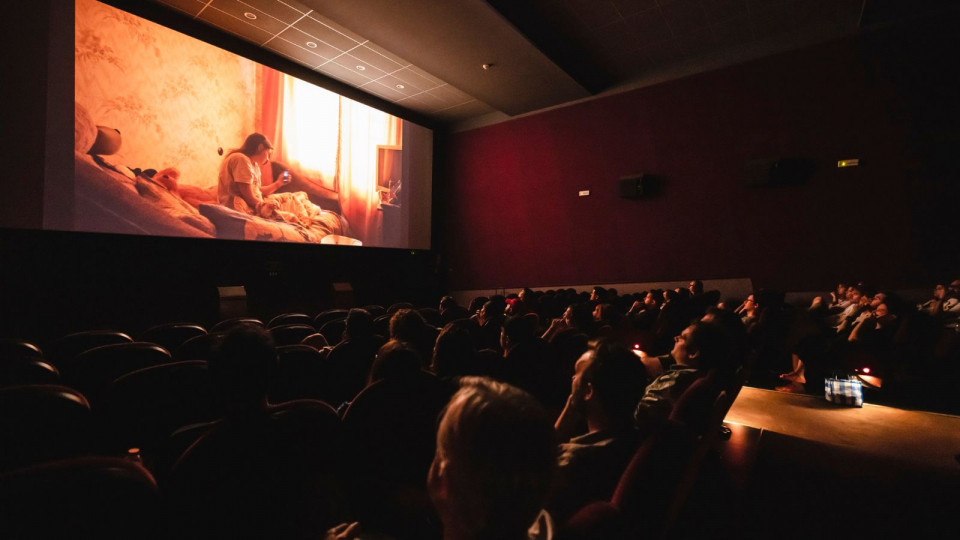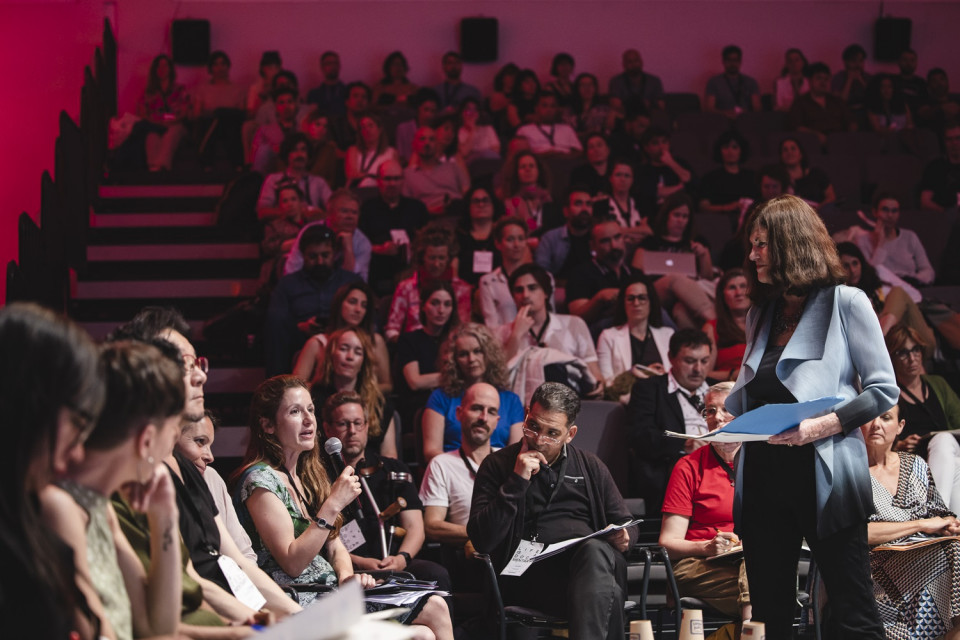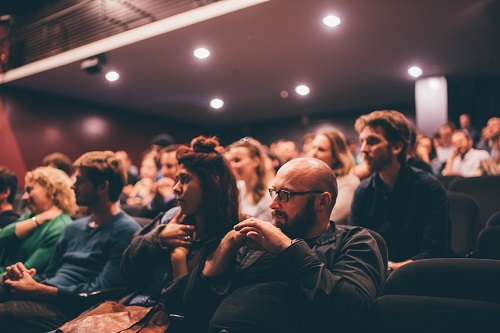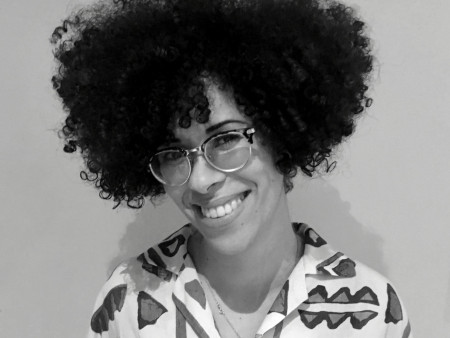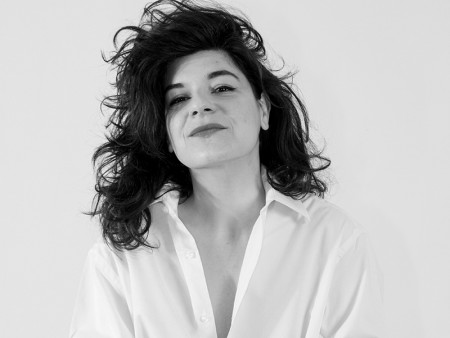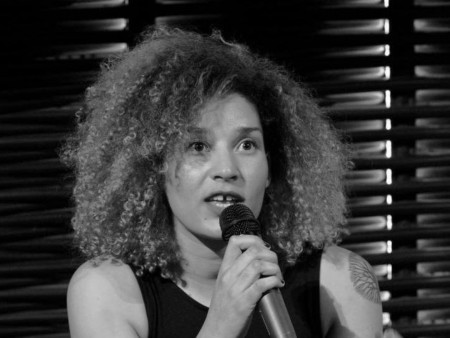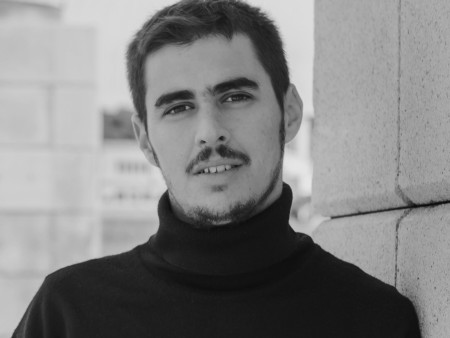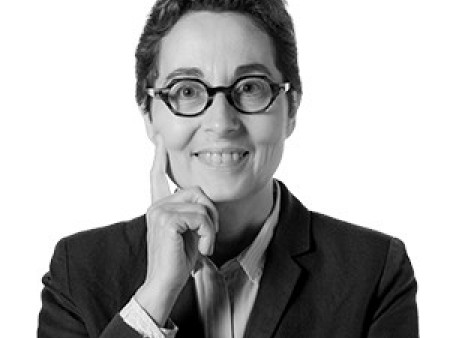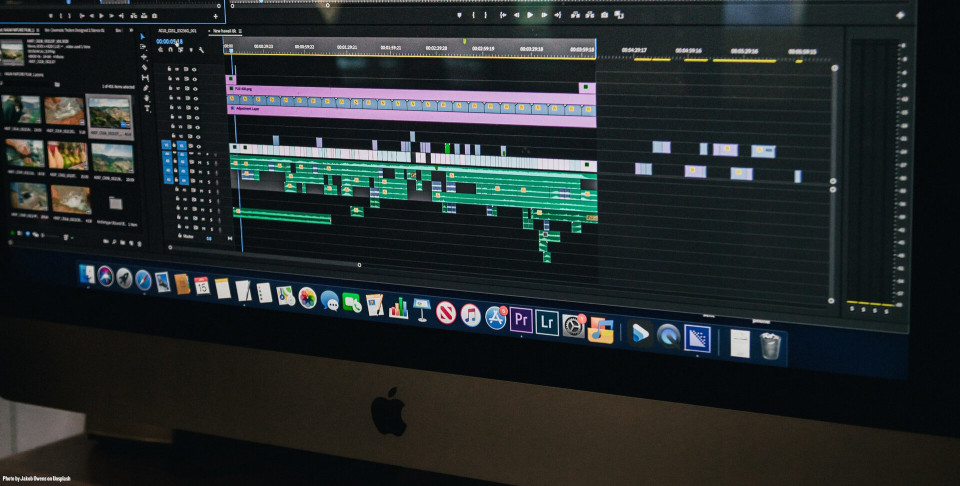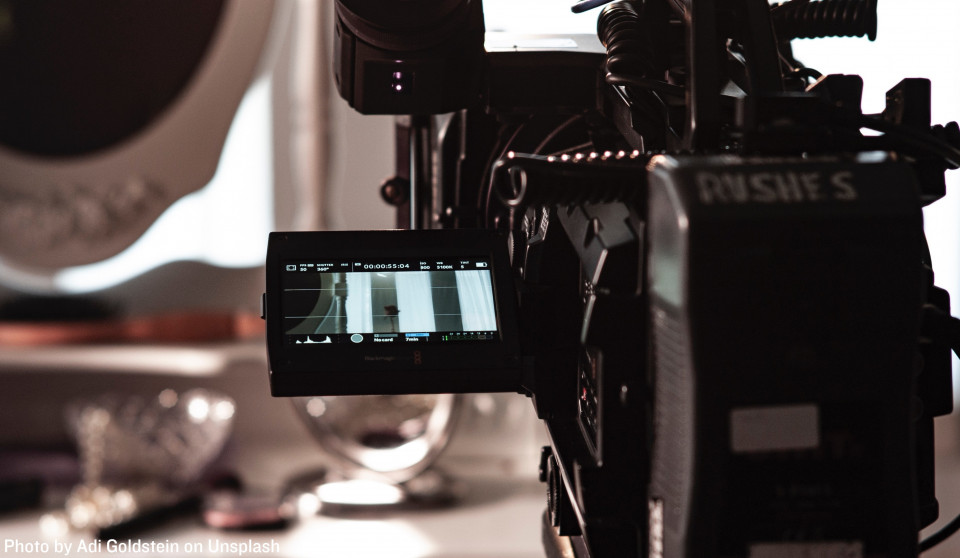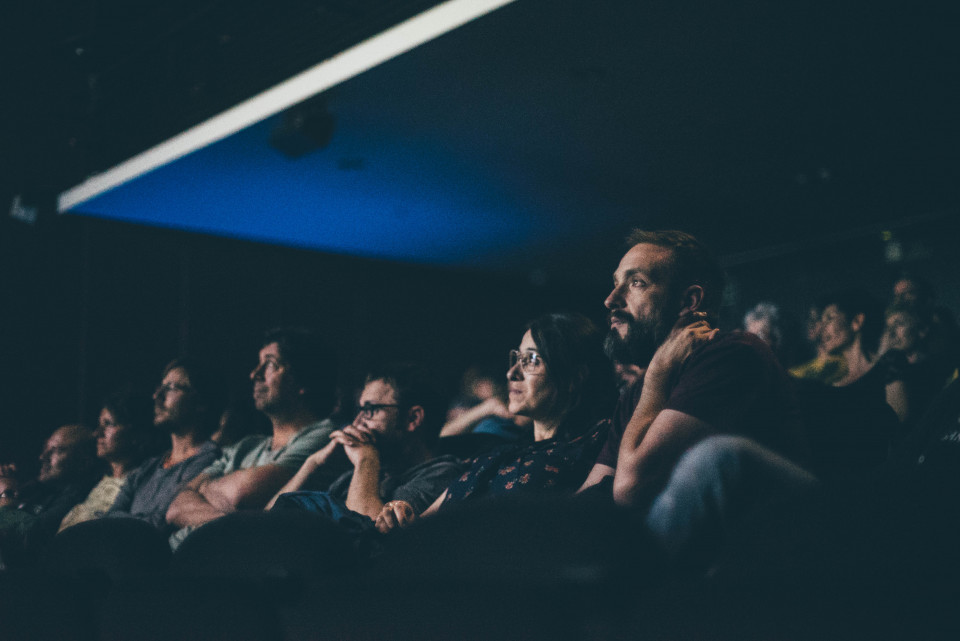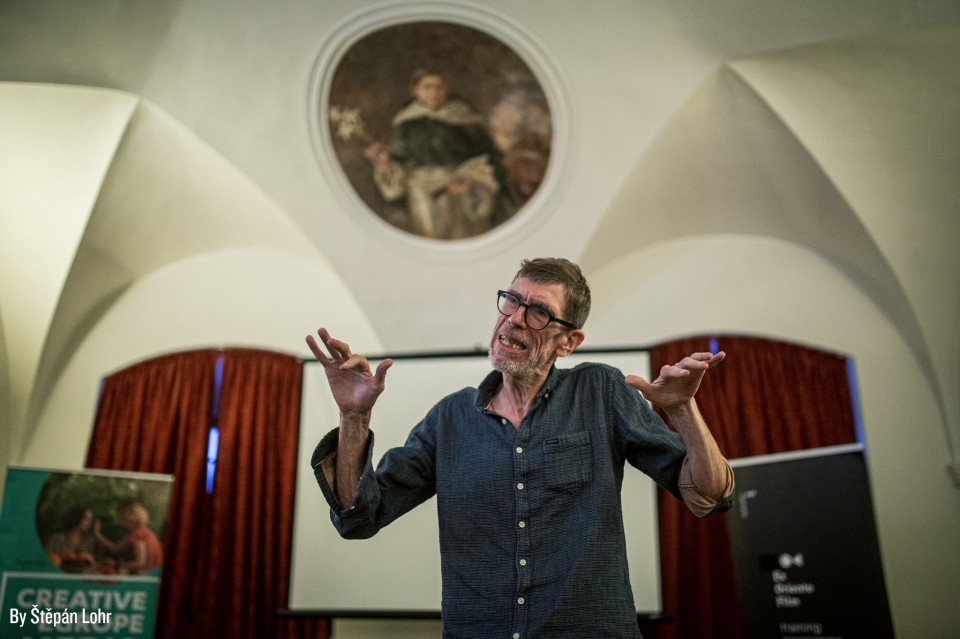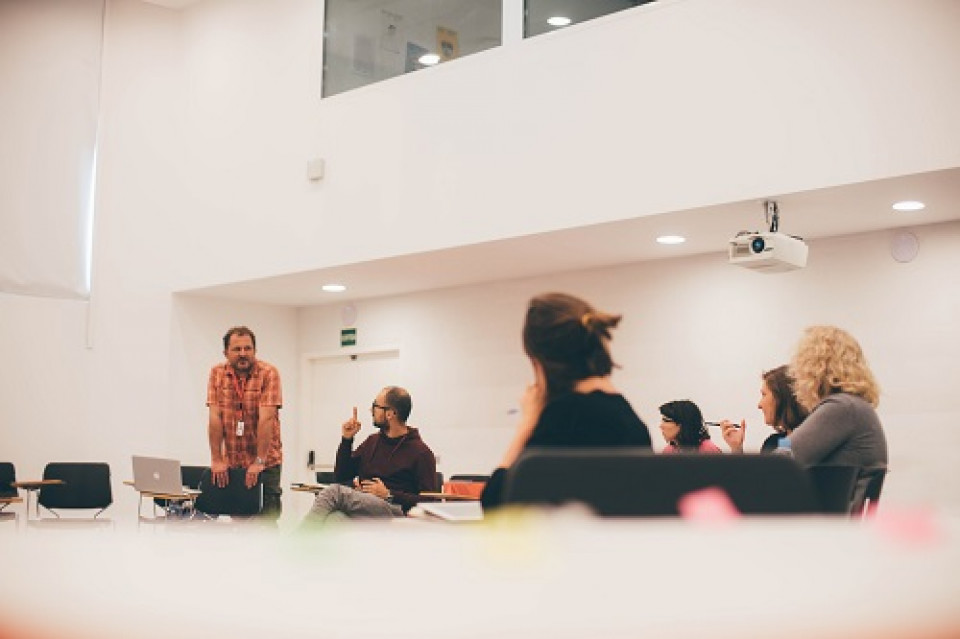What prejudices do we unconsciously release when we make a documentary? Can we detect them before making them obvious? Historically, documentary has looked at very diverse realities but mostly from the perspective of male white directors, with a western-centric and heterosexual point of view. How does this affect the telling of stories featuring women, racialized or non-heteronormative people? And what is the effect of the ever-present Western perspective when narrating realities from other countries and cultures?
In this round table we want to open the dialogue and highlight what we do not realize. In documentary, the protagonists talk about reality and the viewer looks, but who explains this reality, and how?
Language: Spanish
